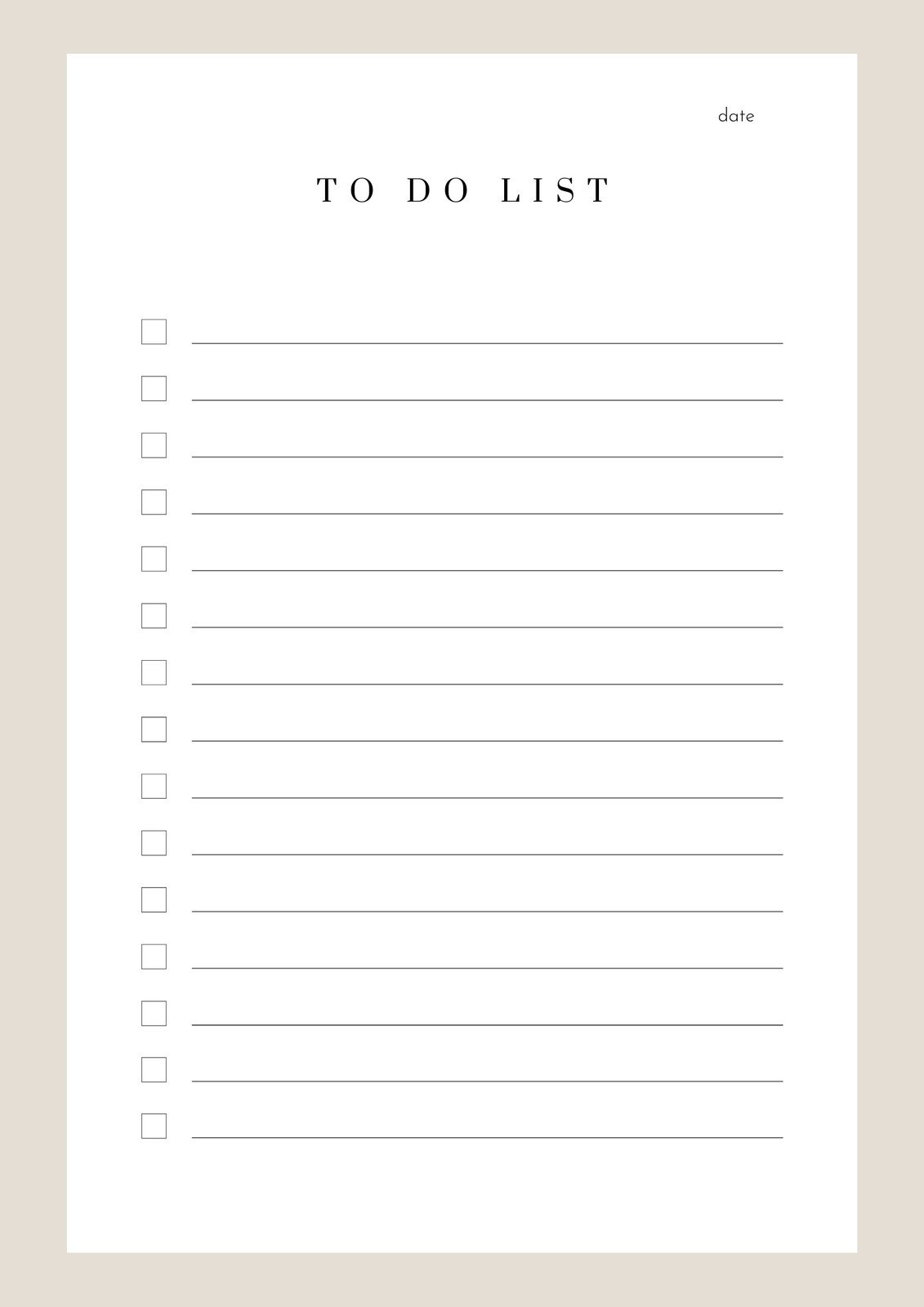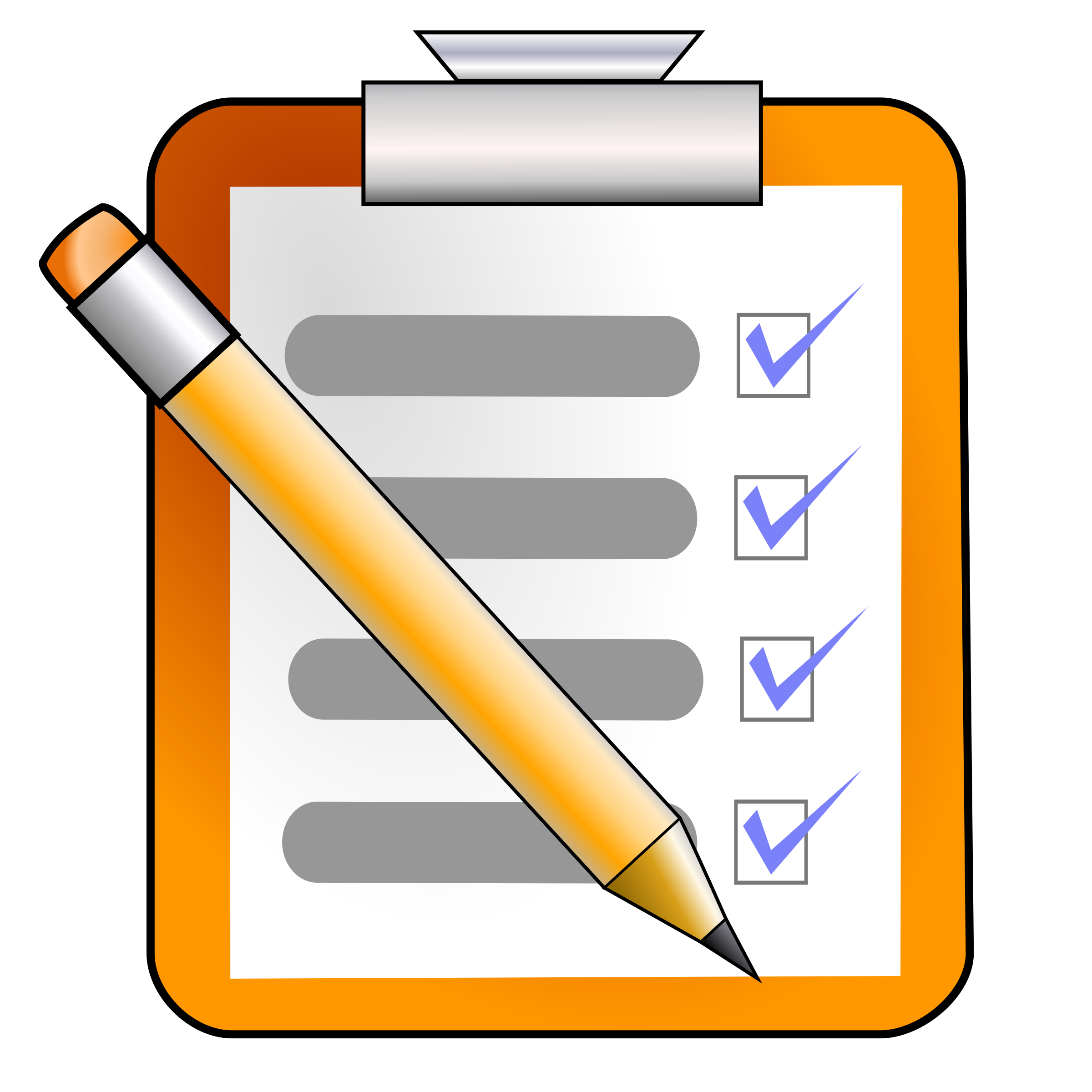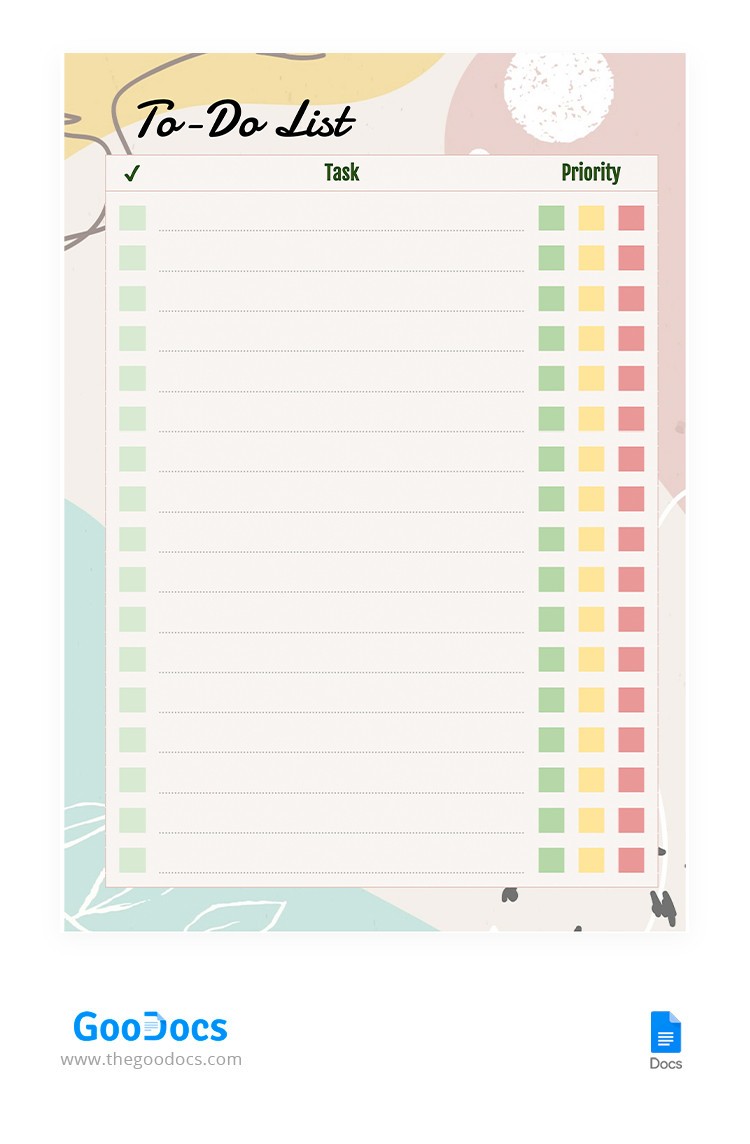Finding Local Insights: Your Guide To List Crawling Louisville KY
Have you ever wondered how some folks seem to know every new shop, every upcoming event, or every little detail about what's happening in Louisville, Kentucky? It's almost like they have a secret map to all the local information. Well, in some respects, they might just be good at finding and organizing data, a process we often call list crawling. This way of gathering public details about our wonderful city, Louisville, KY, can open up so many possibilities for businesses, community groups, or even just curious residents.
Think about all the bits of information scattered across the internet about Louisville – business directories, event calendars, restaurant menus, and more. Getting all that into one place can feel like a big job, but it doesn't have to be. Just like when you want to quickly check if a list has a particular item, like a true value in a list of yes/no options, the goal here is to efficiently find what you need without getting bogged down. It's about smart data collection, really, so you can make sense of what's out there.
This article will walk you through what list crawling Louisville KY involves, why it could be a really helpful skill for you, and how to approach it responsibly. We'll look at the kinds of information you can collect, some simple ways to go about it, and how to keep things ethical. So, if you're ready to learn how to better understand our city's data pulse, stick around; we've got some good ideas coming your way.
Table of Contents
- What is List Crawling Louisville KY?
- Why Bother with Louisville Data Gathering?
- Types of Information You Can Collect in Louisville
- How to Approach List Crawling Responsibly
- Simple Steps for Getting Started with Louisville Data
- Making the Most of Your Louisville Lists
- Frequently Asked Questions About List Crawling Louisville KY
What is List Crawling Louisville KY?
So, what exactly do we mean by list crawling Louisville KY? Well, it's essentially the process of systematically gathering publicly available information from websites related to our city. Think of it like making a really detailed list of things you want to keep track of, but doing it on a bigger scale. You might want to collect all the names and addresses of restaurants, or maybe every event listed for the upcoming month, you know? It’s about taking those scattered bits of information and bringing them together in an organized way, which can be pretty useful.
This isn't about anything sneaky or private, just to be clear. It's about getting information that anyone could find by browsing the internet, but doing it in a more structured and efficient manner. For instance, if you're trying to find the least common element in a big collection of items, you'd need a good system to sort through everything. List crawling works on a similar principle, helping you sort through the vast amount of Louisville data out there. It helps you get a clear picture of specific details, rather than just a general idea.
The goal is to create usable lists, like a collection of all the local businesses in a certain area, or perhaps a list of all public parks with their amenities. This kind of data collection is often done using some basic tools or even simple programming scripts. It’s a way to get a lot of information quickly, rather than manually copying and pasting everything, which would take ages. It’s really about making your data gathering more effective, that's it.
Why Bother with Louisville Data Gathering?
You might be asking yourself, "Why would I even want to do this list crawling thing for Louisville?" That's a fair question, and the answer is that having organized local data can be incredibly valuable for many different reasons. It's like having a really good "to-do" list for your daily tasks; it helps you stay organized and get things done. For our city, it helps us understand what's going on, and perhaps even find new opportunities. There are quite a few ways this can come in handy, actually.
For Local Businesses
For businesses in Louisville, understanding the local scene is super important. List crawling can help you build lists of potential customers, keep an eye on what competitors are doing, or even spot new market trends. You could, for example, gather information about new businesses opening up, or track changes in restaurant menus around town. This kind of specific, local data can help you make better decisions for your own business, giving you a bit of an edge, you know?
Think about it: if you're a new coffee shop, having a list of all the other coffee shops in your area, along with their hours and offerings, could be really helpful. It’s like when you're comparing `list.of` and `arrays.aslist` in programming; you choose the right tool based on your data set and what you need to do with it. Similarly, choosing what data to collect and how to organize it can give you clearer insights into your local market, which is pretty neat.
For Community and Research
Beyond businesses, community groups and researchers can also gain a lot from list crawling Louisville KY. Maybe you're working on a project about local history, or you want to track the growth of certain types of organizations in the city. Collecting lists of historical markers, community centers, or even public art installations can provide a rich dataset for your work. This kind of detailed information helps us all better understand our community, and that's a good thing, really.
It's a bit like creating a watch list for movies or a play list for video games, as some list-making tools allow; you're curating information based on a specific interest. For community projects, this might mean gathering all the details about local parks, including their facilities, or perhaps a list of volunteer opportunities. Having this data readily available makes it much easier to support local initiatives and research important topics, which is pretty cool.
Personal Projects and Hobbies
Even for personal interests, list crawling can be a fun and useful skill. Perhaps you're a food enthusiast who wants to compile a comprehensive list of every independent restaurant in Louisville, complete with their ratings and popular dishes. Or maybe you're planning a "bucket list" of all the unique experiences Louisville has to offer, like visiting every distillery or historical site. Gathering this information systematically can make your hobbies more organized and enjoyable, actually.
It’s about making your own lists, just like those social list-making platforms let you list movies, games, or music. You can create a personalized guide to Louisville based on your own interests. This approach lets you gather all the specific details you care about, rather than just relying on what others have put together. It's a way to truly "list it how it is" for your own purposes, giving you a unique perspective on the city, you know?
Types of Information You Can Collect in Louisville
When you think about list crawling Louisville KY, the possibilities for what you can collect are quite broad. It really depends on what you're interested in. Just like when you're making a list for a variety of categories, you can pick and choose what information matters most to you. Here are some common types of data that people often look for:
- Business Directories: Names, addresses, phone numbers, websites, and business categories for local shops, restaurants, and services. This is super useful for market research or finding new suppliers, you know.
- Event Listings: Dates, times, locations, and descriptions for concerts, festivals, workshops, and community gatherings. This helps you stay on top of what's happening in the city, which is pretty handy.
- Real Estate Data: Publicly available listings for properties, including prices, features, and neighborhoods. This can be helpful for understanding the local housing market, or just seeing what's available.
- Tourist Attractions: Information about museums, parks, historical sites, and other points of interest. Great for planning visits or creating travel guides, actually.
- Restaurant Menus and Reviews: Details about local eateries, their offerings, and what people are saying about them. This helps you pick your next dining spot, or maybe find a new favorite place, that.
- Job Postings: Listings for local employment opportunities across different industries. This can be a good way to keep an eye on the job market in Louisville, or find new roles.
- Community Resources: Information about local non-profits, government services, and support groups. Very helpful for residents looking for help or ways to get involved.
The key is to remember that you're looking for information that's already out there, freely accessible on websites. It's about organizing that public data into useful lists, rather than trying to get private details. This makes the process both ethical and effective, which is a good balance, really.
How to Approach List Crawling Responsibly
While the idea of list crawling Louisville KY might sound exciting, it's really important to approach it with care and responsibility. We want to make sure we're being good digital citizens, after all. Just like you wouldn't try to assign values to a list using a key if it wasn't initialized correctly, you also shouldn't just grab data without thinking about the rules. There are some clear guidelines to keep in mind, you know.
Understanding Public Data
The information you collect should always be publicly available. This means details that anyone can see by simply visiting a website in their web browser. We're talking about things like business names, addresses, event dates, or product descriptions. We are not talking about private user data, personal contact information that isn't publicly listed, or anything that requires a login to access. Sticking to public data keeps your efforts ethical and legal, which is pretty straightforward, actually.
Respecting Website Rules
Many websites have rules about how their content can be used, often found in their "Terms of Service" or "Robots.txt" file. These files tell web crawlers what parts of a site they can or cannot access. It's a bit like following traffic laws; you need to know what's allowed. Taking a moment to check these rules shows respect for the website owners and helps avoid any issues. This is a pretty important step for anyone doing any kind of data collection, you see.
Ethical Considerations
Even if data is public and there are no explicit rules against collecting it, it's good to think about the spirit of things. Don't overload websites with too many requests, which could slow them down for other users. Also, consider how you plan to use the data once you have it. Is it for a good purpose? Is it going to benefit the community or your own legitimate interests? Being mindful of these things helps maintain a positive relationship with the online community. It's about being thoughtful, that's all.
Simple Steps for Getting Started with Louisville Data
If you're feeling ready to try your hand at list crawling Louisville KY, you might wonder where to begin. It's not as complicated as it might sound, especially if you break it down into smaller, manageable steps. Just like organizing your tasks into a to-do list, having a clear plan makes the whole process much smoother. Here’s a basic way to get going, which is pretty easy to follow, you know.
Identify Your Data Needs
Before you start collecting anything, think about what specific information you want and why. Are you looking for all the art galleries in NuLu, or every coffee shop with outdoor seating? Being clear about your goal will help you focus your efforts. It's like applying a filter before you project results in programming; you need to know what you're looking for first. This initial step saves a lot of time and effort later on, actually.
Find Your Sources
Once you know what you're after, figure out where that information lives online. This could be local business directories, event listing sites, city government portals, or even specific blogs. Look for websites that regularly update the kind of information you need. For example, if you want event listings, you'd look at Louisville's official tourism site or local news event calendars. Finding reliable sources is key, you see.
Choose Your Tools
For simple list crawling, you don't always need super fancy software. Sometimes, a spreadsheet and some manual copying is enough for small projects. For larger tasks, though, there are tools designed to help. These can range from browser extensions that help extract data to more advanced programming libraries. The "My text" talks about the differences between list operations for lists and strings; similarly, some tools work better for certain types of data or websites. Pick something that fits your comfort level and the size of your project, which is pretty sensible.
Process and Organize Your Lists
Once you've collected the data, the next step is to clean it up and put it into a usable format. This often means putting it into a spreadsheet or a simple database. You might need to remove duplicate entries, fix formatting issues, or add categories. Just like managing your todo list, keeping your collected data organized makes it much more useful. A well-organized list is much easier to work with, that's for sure.
Making the Most of Your Louisville Lists
Having a neatly organized list of Louisville data is just the beginning, you know. The real value comes from what you do with that information. It's a bit like having a powerful tool; it's great, but you need to know how to use it effectively. For example, if you have a list of businesses, you could map them out to see where there are clusters or gaps in services. This kind of analysis can lead to some really interesting discoveries, actually.
You could use your collected lists to identify trends, perhaps seeing which neighborhoods are growing the fastest, or what types of events are most popular. This kind of insight helps you stay organized by keeping track of tasks and things you need to do, but on a city-wide scale. You can compare different sets of data, much like comparing `pandas.dataframe.values` to `tolist` or `to_list` to see how data is represented. This helps you understand the nuances of the information you have collected, you see.
The beauty of having your own custom lists about Louisville is that you can tailor them exactly to your needs. Whether it's for a business plan, a community project, or just personal curiosity, these lists become a valuable resource. They empower you to make more informed choices and truly connect with what's happening in our city. It's a pretty powerful way to engage with local information, all things considered. Learn more about data collection strategies on our site, and for more specific tools, you might find this page helpful for getting started.
Frequently Asked Questions About List Crawling Louisville KY
What kind of information can you gather from Louisville?
You can gather a wide range of publicly available information, such as business names, addresses, and contact details from local directories, event schedules from community calendars, and even public listings for real estate or job openings. It’s all about what's openly shared on websites about the city, you know.
Is web scraping legal for public data?
Generally, collecting publicly available data is permissible, but it's very important to respect a website's terms of service and `robots.txt` file. You should never collect private information or data that requires a login. Always aim for ethical practices and consider the impact on the website you're collecting from, that's the key.
What tools are good for collecting local business lists?
For simple tasks, a web browser and a spreadsheet can work just fine. For more involved projects, there are browser extensions, specialized software, or even programming languages like Python with libraries designed for data extraction. The best tool often depends on your technical comfort and the complexity of the data you want to collect, you see.

Pretty Printable To Do List

Checklist Clipart Pictures – Clipartix

Free Priority To-do List Template In Google Docs